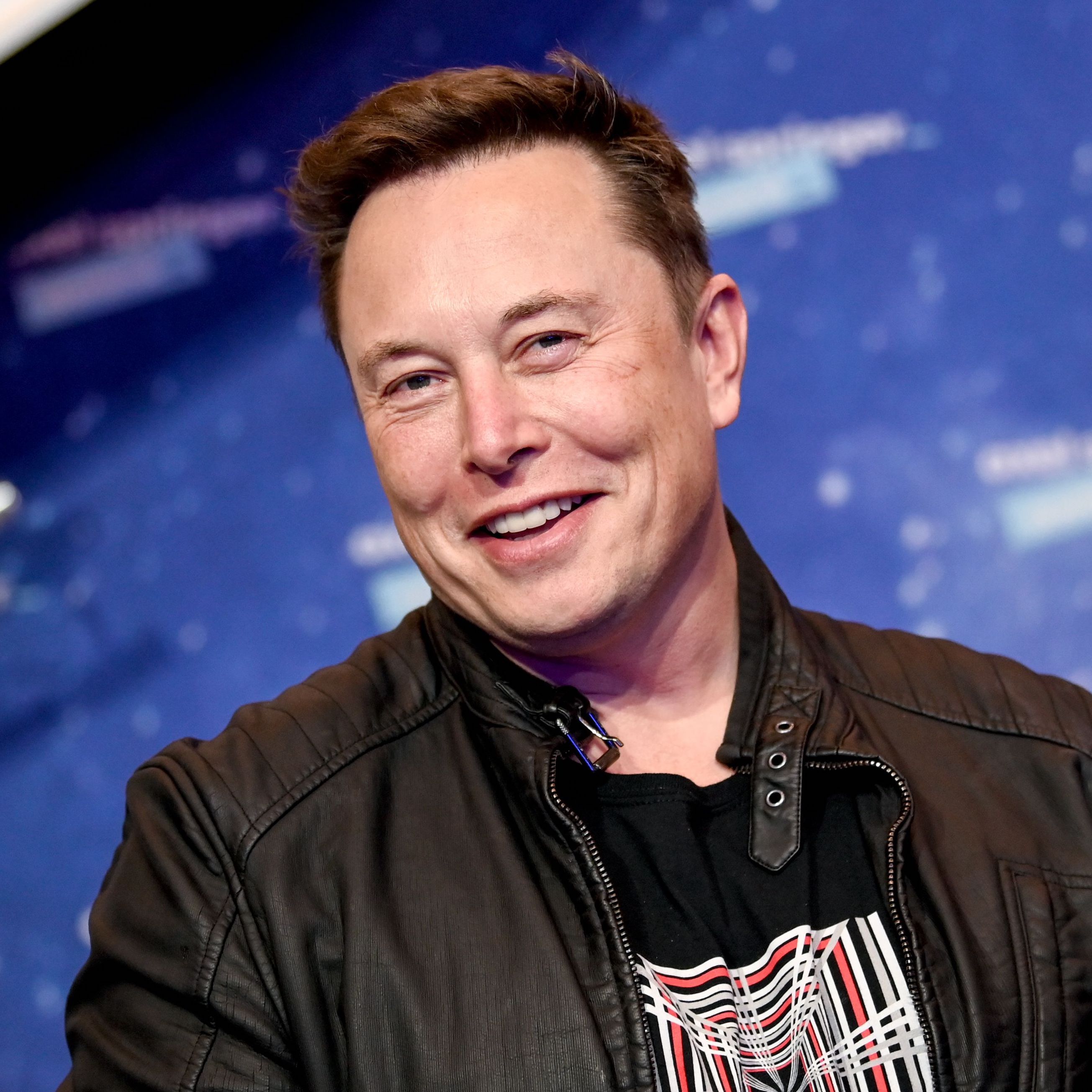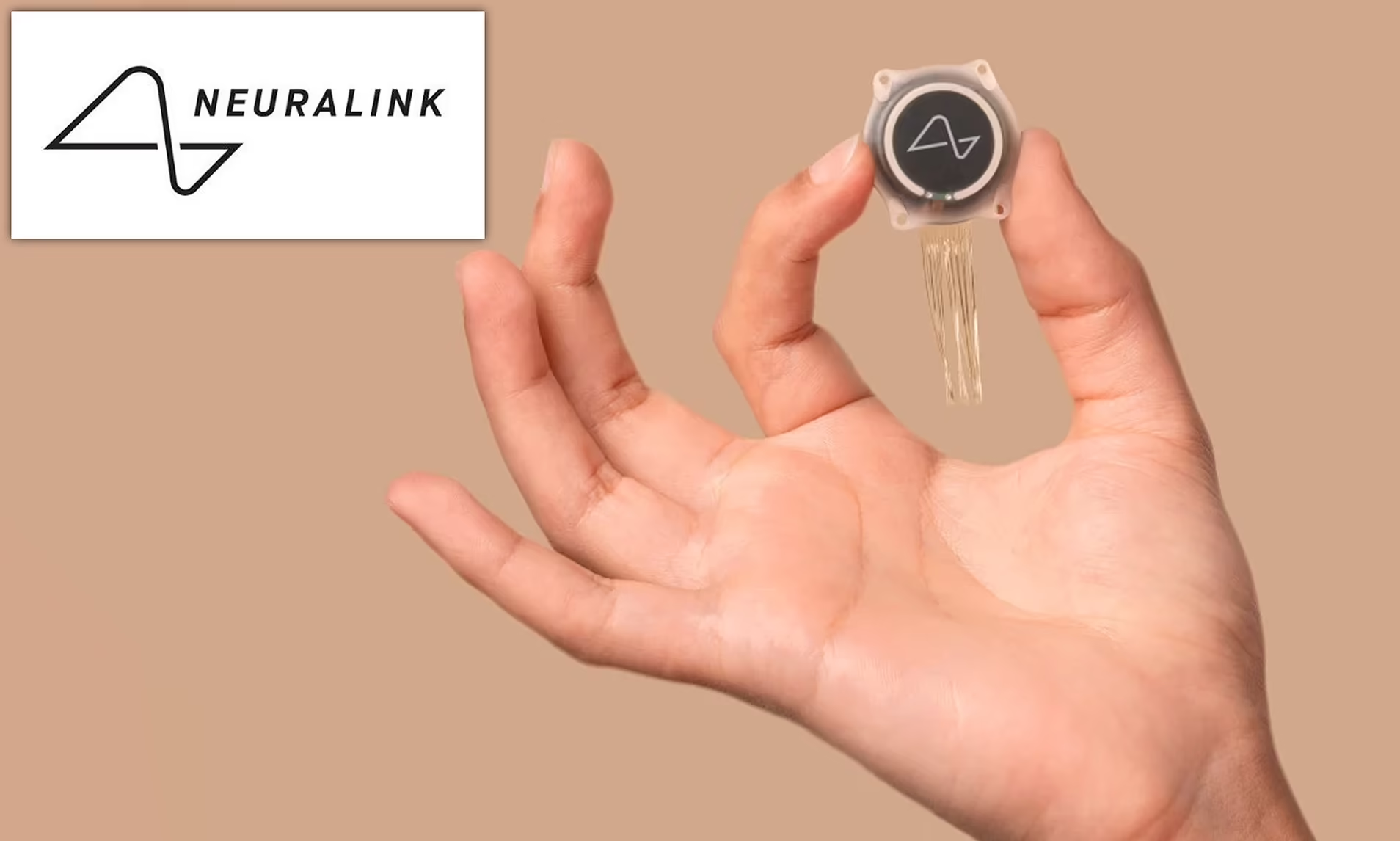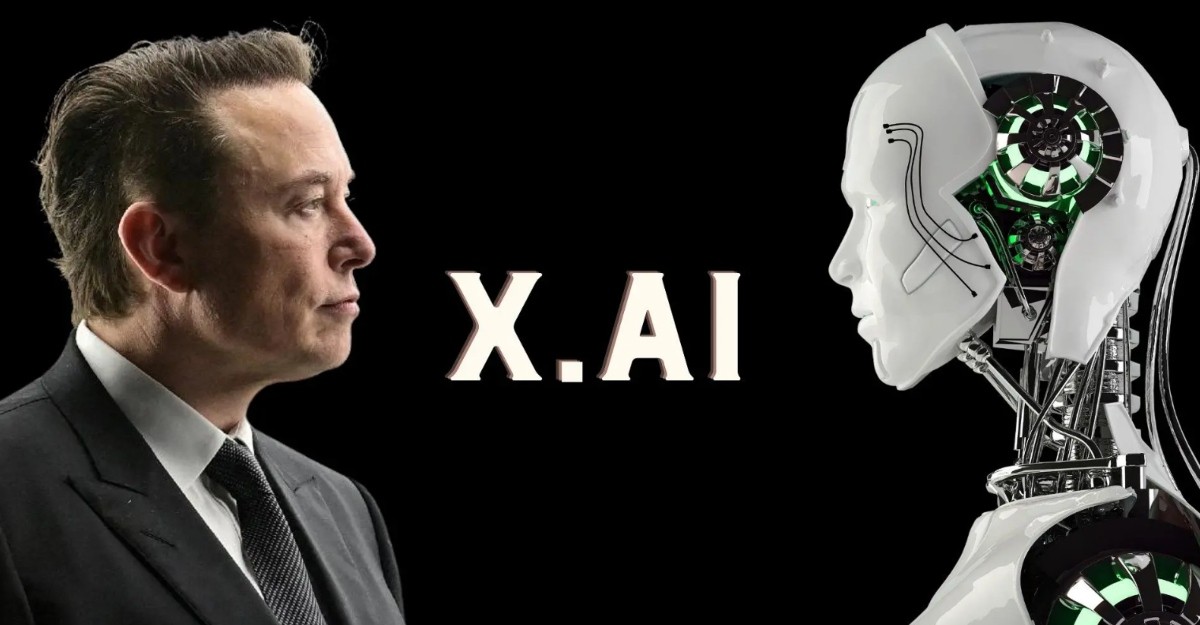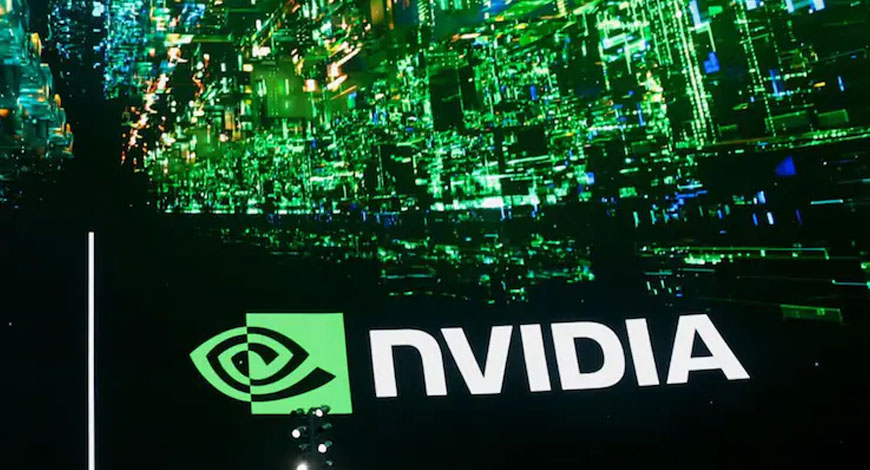According to sources with knowledge of the situation, a portion of the staff at Neuralink, a brain implant company owned by Elon Musk, is preparing to liquidate the company’s stock

This is a result of the company’s significant increase in valuation after its initial human trial.
Employees at ventures like Neuralink are significantly motivated by stock compensation. The shares they receive are not publicly traded, and employees who wish to sell them without the company’s approval must employ intricate turnarounds on niche private market exchanges.
According to two sources who were briefed on the matter and who requested anonymity due to their lack of authorization to speak publicly, Neuralink’s employees and investors are currently preparing for Musk’s company to initiate a tender offer as early as next month to purchase back shares from staff members who wish to sell.
Musk and Neuralink declined to respond to inquiries for comment.
The secondary market transactions demonstrate the increase in Neuralink’s valuation after its initial human trial in January. Although the volume of these trades is low and does not provide a dependable estimate of Neuralink’s current valuation, they all indicate a rise in value, with some reaching as high as $8 billion, more than double the company’s value last year.
Neuralink has declared its inaugural human trial a triumph. It stated that it had resolved an initial issue with the implant’s fibers retracting from the brain of its first patient and is currently preparing for additional trials in Canada and Britain. Musk recently announced that the company intends to implant a second patient shortly.
It was impossible to determine whether Neuralink had formally scheduled a tender offer or its terms. According to a review of trades conducted by Reuters and sources familiar with the matter, Neuralink initiated a tender offer for employees last autumn priced at approximately $19 per share, even though some shares were trading at close to $35 on the secondary market. It is not uncommon for entrepreneurs to introduce tender offers at a discount to secondary market values.
Recent transactions demonstrate the consequences of this scarcity. According to a Reuters analysis of recent transactions and PitchBook data, buyers on private exchanges have paid a premium of 84% to 137% to the $3.5 billion valuation Neuralink achieved in its most recent private fundraising round last November.
Most entrepreneurs’ shares trade at a discount, while most do not trade at such premiums. According to brokerage Forge Global, the median private company trades at a 32% discount to its most recent fundraising valuation.
Devastation of Size
Neuralink’s valuation has increased significantly since its inception in 2016, and employees who were granted shares at the time of the company’s launch or shortly after that at a fraction of their current value are set to receive a substantial payout.
According to Sim Desai, the CEO of Hiive, certain buyers are offering as much as $50 per share, a significant increase from the $35 offered at the onset of the human trial in January. Desai stated that his secondary platform facilitates the exchange of Neuralink shares between buyers and sellers.

SpaceX, Musk’s most valuable company, in addition to Tesla, is traded at a premium in the secondary market. According to secondary trade data, the company was valued at $232 billion in a recent transaction at $130.11. The company was estimated to be worth approximately $180 billion during a private fundraising round in April, as reported by Pitchbook. SpaceX did not respond to a comment request.
According to the sources, Neuralink discourages its employees from trading their shares on the secondary market, preferring to sell stock during tender offers that the company can manage.
According to Desai of Hiive, one explanation is that federal regulations prohibit private corporations from having more than 2,000 direct shareholders. According to Desai, the potential for a company to exceed the limit is a potential consequence of permitting limitless trading on the secondary market, particularly for popular companies such as Neuralink. The second reason is that companies can provide investors access at the desired price.
“It’s an opportunity for a company, if they restrict the trades, to do their close friends and insiders a favor,” Desai pointed out.
He stated that Hiive cannot facilitate the transfer of shares or payment due to Neuralink’s restrictions on trading. Consequently, the parties are responsible for arranging the transfer and payment independently.



